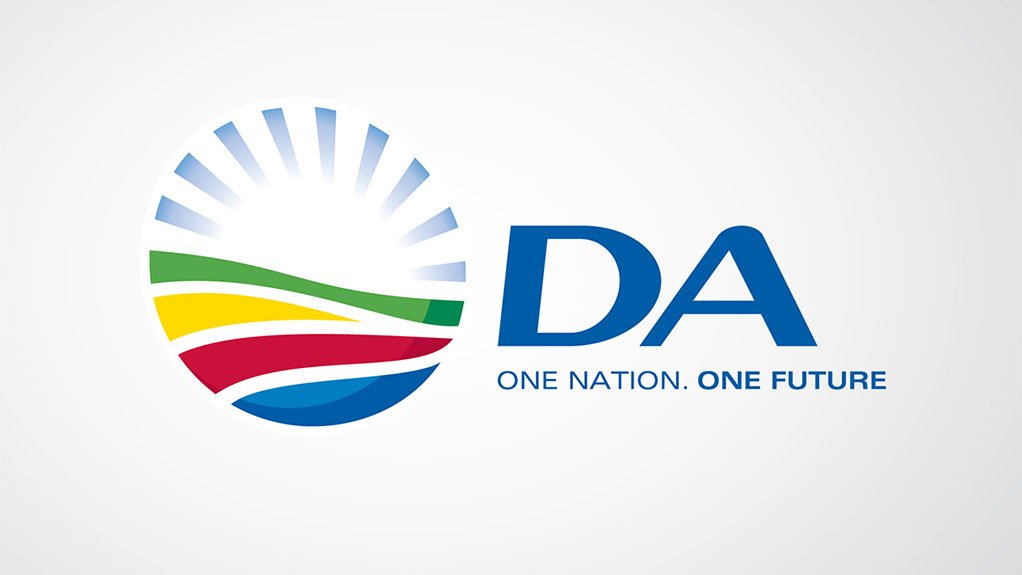In addressing the financial crisis gripping the country's education system, the Democratic Alliance (DA) has called for a comprehensive spending review, which it said will eliminate waste, corruption and inefficiencies that have drained public resources.
This approach will not only stabilise the education system but will protect the integrity of other critical services, said DA spokesperson on appropriations Dr Mark Burke.
On Wednesday Basic Education Minister Siviwe Gwarube said the education department was faced with a pending national crisis, where in the next two to three years provincial education departments will find it increasingly difficult to fund existing posts and programmes within the available budget.
The party expressed concerns with the education sector’s “financial crisis”, which it noted was a symptom of larger financial mismanagement across government that affects all frontline services.
Burke explained that a comprehensive spending review would look at each programme of government, assess its impact and determine whether it delivered measurable value to South Africans.
He noted that programmes that were not fulfilling their intended purposes or were inefficient should be reprioritised or cut, saying this would allow government to stop wasteful expenditure and focus its resources on programmes that made a difference in people's lives.
He also said government needed to shift funding from underperforming programmes and eliminate duplication across departments.
State-owned enterprises that consistently drained public resources must no longer be bailed out while essential services crumbled, Burke added.
He highlighted that a stagnant economy was choking the tax base, noting the need for robust economic policies that unblocked constraints to growth, encouraged private sector investment, and created jobs.
“Only by growing the economy will we genedrate the tax receipts needed to fund frontline services sustainably,” he explained.
BELA ACT
Meanwhile, non-governmental organisation AfriForum said the Basic Education Laws Amendment (BELA) Act would have far-reaching consequences for the education sector.
The Basic Education Department highlighted that it required between R79-billion and R118-billion to finance education costs up to 2028.
“One immediately thinks of the compulsory introduction of Grade R, which will create major challenges in terms of appointments and infrastructure at schools, not to mention learning materials and support for learners. If its implementation is postponed, the question of course is why the Act had to be signed so urgently,” said AfriForum head of cultural affairs Alana Bailey.
Bailey pointed out that the two controversial articles [clauses 4 and 5] of the BELA Act, which would be negotiated in the next three months, could be abused to force schools to admit more children.
She highlighted that Afrikaans schools that were already full, might also be forced to accommodate learners who required English instruction, which she said would have devastating consequences for quality education in general and more specifically Afrikaans schools, the language and Afrikaans communities.
“Poor education is the fastest way to economic disaster and at present our children have too many educational challenges to contend with. BELA’s provisions will make the situation worse rather than better,” said Bailey.
EMAIL THIS ARTICLE SAVE THIS ARTICLE ARTICLE ENQUIRY
To subscribe email subscriptions@creamermedia.co.za or click here
To advertise email advertising@creamermedia.co.za or click here











